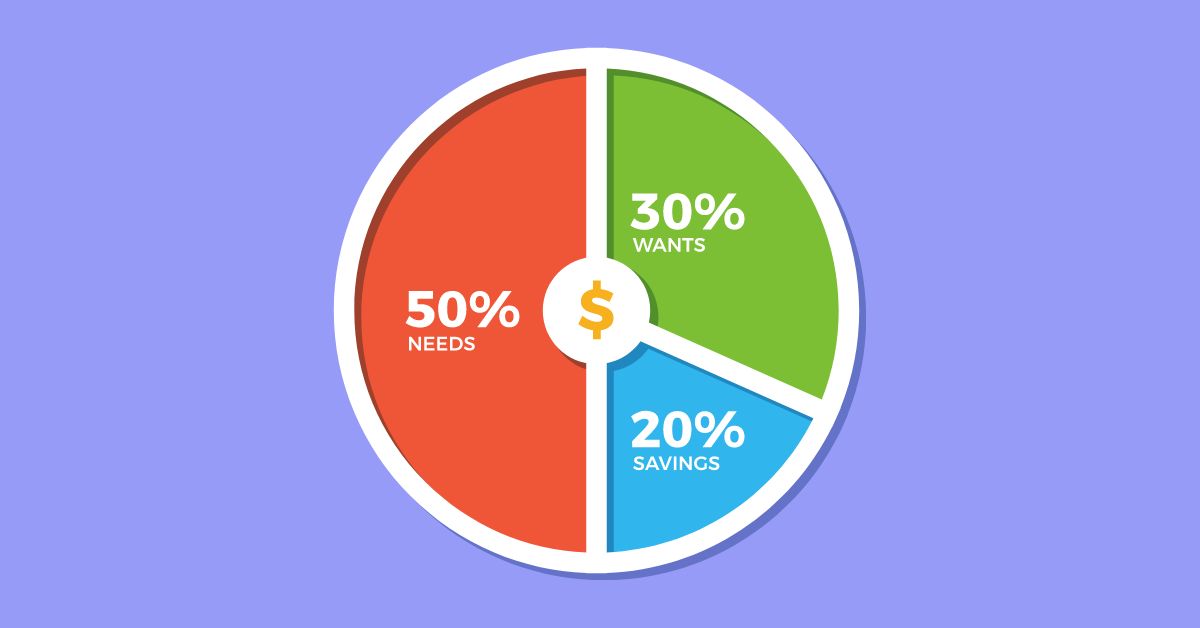Companies often require finance for various purposes, including routine expenses, purchasing equipment, expansion, hiring additional staff, etc. They can raise funds from various sources. For medium or long-term requirements, they may choose to raise funds through initial public offerings or follow-on public offerings, issuing bonds, issuing debentures, etc.
This article covers the meaning of debentures, features of debentures, types of debentures, advantages and limitations of debentures, and how you can invest in them.
What Is Debenture?
A debenture is a debt instrument issued by companies and governments to borrow funds for a specified period. Investors buying debentures act as the issuer’s creditors; therefore, the issuer needs to repay the principal after the end of that period. Plus, issuers also need to pay interest to debenture holders.
Debenture example
Suppose a company issued 10% debentures of ₹100 each for eight years on January 01, 2020. Here the company needs to pay ₹10 for each debenture as interest every year till January 2028. In January 2028, the company will have to repay ₹100 for each debenture to debenture holders.
Features Of Debentures
Here are the key characteristics of debentures.
- Written promise: Debentures are written documents stating that the issuer owes money to the debenture holders.
- Interest rate: Debenture issuers periodically pay coupon payments to the debenture holders as a reward for providing funds. The debenture interest rates can be fixed or floating interest rates.
- Maturity period: Debentures have a predetermined maturity period, usually medium to long-term, at the end of which the issuer repays the principal amount to the debenture holders.
- Priority claim: In the worst case of company liquidation, debenture holders have the right to claim the company’s assets first, over equity and preference shareholders.
Types Of Debentures
The classification of debentures on various basis is as below.
Based on the security
Mortgage debentures
Debentures of companies where the issuer puts collateral, like fixed assets, against the borrowed fund are called secured debentures or mortgage debentures. If the issuer fails to pay interest or repay the amount at maturity, the debenture holders can ask for their dues from mortgaged assets.
Unsecured debentures
If any collateral assets do not secure the issue of debentures, such debentures are called unsecured debentures. For such debentures, the debenture holders need to rely solely on the issuer’s credibility.
Discover stocks that suit certain filter criteria and dive into details to check their WealthBaskets.
Based on convertibility
Convertible debentures
Convertible debentures are those types of company debentures which can be converted to equity shares after a specified period. Convertible debentures are of two kinds.
In fully convertible debentures, the entire value is converted to equity shares. Partially convertible debentures are those in which the issuer converts a portion of the value of the debenture into equity shares and redeems the remaining amount to the investors at maturity.
Non-convertible debentures
Non-convertible debentures are those types of debentures which can not be converted to equity shares, and the issuer needs to repay the amount to investors at maturity.
Based on redemption
Redeemable debentures
Redeemable debentures are those in which issuers repay the principal to debenture holders at a predetermined redemption date.
Irredeemable debentures
Irredeemable debentures are those kinds of debentures in which the issuer may not repay the principal during the company’s life. These are also called perpetual debentures.
Based on registration
Registered debentures
Registered debentures are those in which the details of all debenture holders, such as their names, addresses, debenture holdings, etc., are recorded in the company’s register. Transferring such debentures is a challenging task and only can be done after complying with the provisions in the companies act, 2013.
Bearer debentures
In the case of bearer debentures, the details of all debenture holders are not registered with the company. Such debentures are freely transferable, i.e. investors can easily buy and sell them. The repayment is made to those holding them at maturity, regardless of the original purchaser.
Advantages Of Debentures
Here are the merits of company debentures.
For companies
Cost-effective
While issuing new equity shares, companies incur higher costs for underwriting fees, registration fees, legal fees, etc. The costs incurred for the issue of debentures may be lesser than issuing shares, making it a cheaper source of raising funds.
No dilution of equity
When companies issue new shares, the current shareholder’s ownership percentage decreases, diluting control, which does not happen when companies issue debentures.
For investors
Less risky
Debentures are considered less risky than equity or preference shares as debenture holders are the first ones to get repaid in case of a company’s wind-up. Therefore, investors with lower risk tolerance levels may find them suitable.
Fixed income
Debenture holders usually get fixed returns. Companies need to pay interest to shareholders before distributing dividends. Even if a company doesn’t mark profit in a financial year, it must pay interest to shareholders, which may make it a secured investment.
Disadvantages Of Debentures
Here are some demerits of debentures.
For companies
Interest payment burden
Companies need to pay interest to debenture holders without fail. When companies incur losses, interest payments may look like an additional burden.
For investors
No voting rights
Even after investing their hard-earned money, debenture holders do not get any say in the companies’ matters as they do not get voting rights.
How To Invest In Debentures?
There are various ways to invest in debentures.
- One may directly buy debentures from governments or any company.
- Some debentures are also traded on stock exchanges so that investors also have an option to purchase them from the secondary market.
- One may consider income funds primarily investing in fixed-income securities, including debentures.
Final Thoughts
Debentures are relatively less risky financial instruments and may offer predictable returns. Before investing in them, it is important to check the financial performance and credibility of the issuer and the debentures’ type, return and time horizon.
Do you want to invest and build wealth? Invest in WealthBaskets through WealthDesk. WealthBaskets are the research-backed combination of equities and ETFs based on idea, theme or strategy and are built by SEBI-registered professionals.
FAQs
Convertible debentures are those types of debentures that can be converted to equity shares after a specified period from the date of issue.
The interest rate is prefixed by the company and calculated on debentures’ face value.
As the term suggests, non-convertible debentures are those which do not offer an option for being converted into equity at maturity.
For issuing companies, debentures are liabilities as they need to repay the capital to lenders. For debenture holders, debentures are investments.
Shares and debentures both have their own advantages and disadvantages. Risk-averse investors may find debentures better, whereas investors looking for better potential returns may find shares better.


















